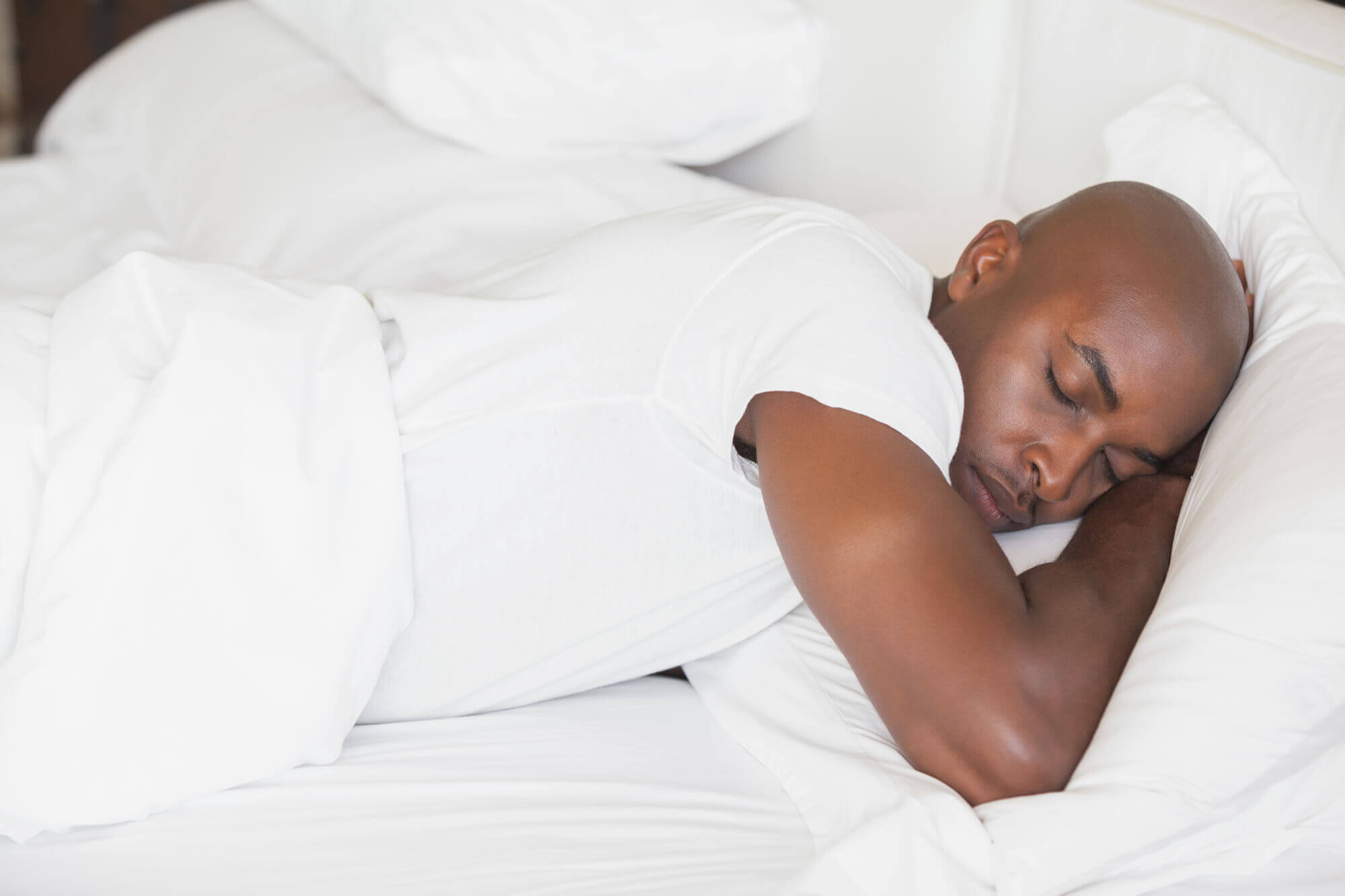
Sleep disturbances and insomnia can be a complex problem caused by a long list of contributing factors, dehydration being one.
Whether you are becoming dehydrated in your sleep due to factors outside of your control, such as an illness or diarrhea, or factors within your control such as overconsumption of alcohol and salty foods too close to bedtime, dehydration can disrupt your sleep.
How Does Dehydration Affect My Sleep?
Becoming dehydrated can affect sleep in various ways. Dehydration can disrupt the body’s natural circadian rhythms, which can make you feel fatigued during the day but unable to fall asleep at night. Your body may have difficulty flushing out toxins without adequate water intake.
Dehydration can also lead to headaches and unpleasant symptoms like itchy skin, which can keep you awake at night. To tell if you are dehydrated, look at the color of your urine. If it is colorless or pale yellow you are likely fine, but if it is dark yellow with a strong smell, you may be dehydrated.
Here are some common ways you become dehydrated in your sleep, and how to change these sleep-disrupting patterns.
Alcohol
Alcohol affects hydration in various ways. Mainly, alcohol is a diuretic, and as you drink, your kidneys work to filter it out. This results in more trips to the bathroom which alone can keep you up at night. When you overconsume, this is compounded and can lead to dry mouth, excessive thirst, headaches, dizziness and dips in blood sugar levels.
Dinner High in Sodium
Studies show that too much sodium can negatively impact your sleep, partly due to dehydration and hormonal levels.
Remember that processed, packaged foods that are often quite high in sodium. Adding a moderate amount of salt to home-cooked meals is usually fine. If you need a snack before bedtime, make it yourself and avoid overly salty items.
Excess Caffeine and Sugar Throughout the Day
Anyone that suffers from insomnia knows that caffeine is off-limits (especially in the afternoon and evening). For some, sugar should fall into the same category.
Caffeine acts as a diuretic, which makes you urinate more during the night. Sugary foods and beverages can also increase water loss in the body, leading to dehydration overnight. Stick to night time snacks that are rich in healthy protein, fats, and complex carbohydrates while avoiding soda, candy, and simple carbs from processed goods.
Exercise Too Close to Bedtime
Many people simply find that exercise late at night leaves them too stimulated to sleep well, but if this is not the case for you, be sure to hydrate well afterward.
Purposely Avoiding Liquids
Many people purposely avoid drinking liquids to avoid nighttime trips to the bathroom. Unfortunately, this can lead to dehydration (and the symptoms discussed above), so your best bet is drinking smaller amounts of water continuously throughout the day instead of downing a liter before bed.
While this varies a bit person to person, shoot for roughly half of your body weight (in pounds) in ounces of water per day.
Illness
If you’re ill, chances are that you’re sweating and expelling more fluids than usual. The biggest culprit of fluid loss while sleeping is diarrhea so drink plenty of fluids (like water, coconut water, and broth) during the day and night.
It’s important to recover from diarrhea quickly so keep safe and natural support on-hand, like probiotics and DiaResQ. DiaResQ is food for special dietary use that promotes digestive health. It provides your digestive tract important nutrients to relieve diarrhea quickly. Pair this with plenty of hydrating drinks for a quick recovery.
Sleeping Too Long
Sleeping too long can also leave you dehydrated. If you’ve ever had the experience of sleeping much later than usual and waking up groggy or with a headache, it might be low blood sugar and dehydration. Maintain a consistent length of sleep each night and have a regular wake-up time. Be sure to drink water first thing in the morning, even before coffee.
Sleep disruptions can significantly alter the quality of life. By keeping these things in mind, you can decrease your risk of poor sleep and dehydration.

